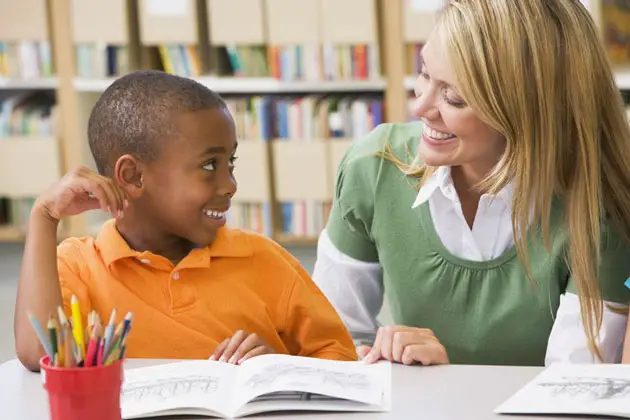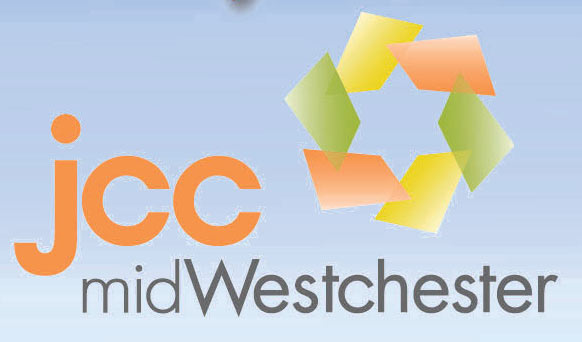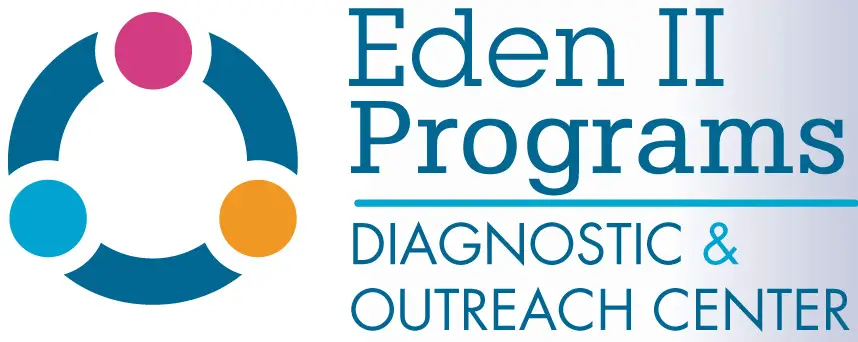
Resources to Help with Online Learning for Special Education Students
Use these resources to help supplement your child's learning at home.
Get can’t-miss family activities sent to you!
Get the Best Kid-Friendly Activities
Sent to You Weekly!
Free E-Books
Parents can find leveled e-books for reading at home on Epic (getepic.com) and TarHeelReader.org. Both sites are free and can be used without a classroom account. There are also e-book databases and apps like Tumblebooks.com, Sora, and Overdrive.com that can be accessed via public library cards.
Special Education Math Games & Tools
For children who struggle with fluency in math, games can help. A number of sites such as CoolMathGames.com and ToyTheater.com have engaging games to practice basic skills. And if you want a break from the screen, look no further than board games. Many of the classics you already have at home, such as Sorry!, provide practice with numeral recognition, counting, 1-to-1 correspondence, and decomposition. And research shows that students with disabilities benefit from using math manipulatives, such as Unifix cubes, number lines, and base 10 blocks. Even household objects like paperclips can be used for counting, addition, and subtraction.
Play Areas at Home
John Goodson, assistant director of educational services and program development at AHRC New York City, notes that disruptions caused by abrupt school building closures are particularly challenging for special education students. To ease the transition, he suggests parents of young students set up play centers that mirror those found in the classroom. For example, one area of the home can be for building with blocks while another can be designated the dramatic play area. Young children learn primarily through play rather than academic tasks, and the familiarity of centers can provide comfort, in addition to stimulation.
Talk to Your Child’s Teacher
Finally, if you want to supplement learning at home, but you aren’t sure how, talk to your child’s school. “Reach out to the teacher. Say, ‘we want to do a little more. What can we do?’” says Tova Horowitz, senior special education teacher at International Academy of Hope in Harlem. Your child’s teacher may have specific suggestions and activities that support the curriculum and your child’s IEP goals.







